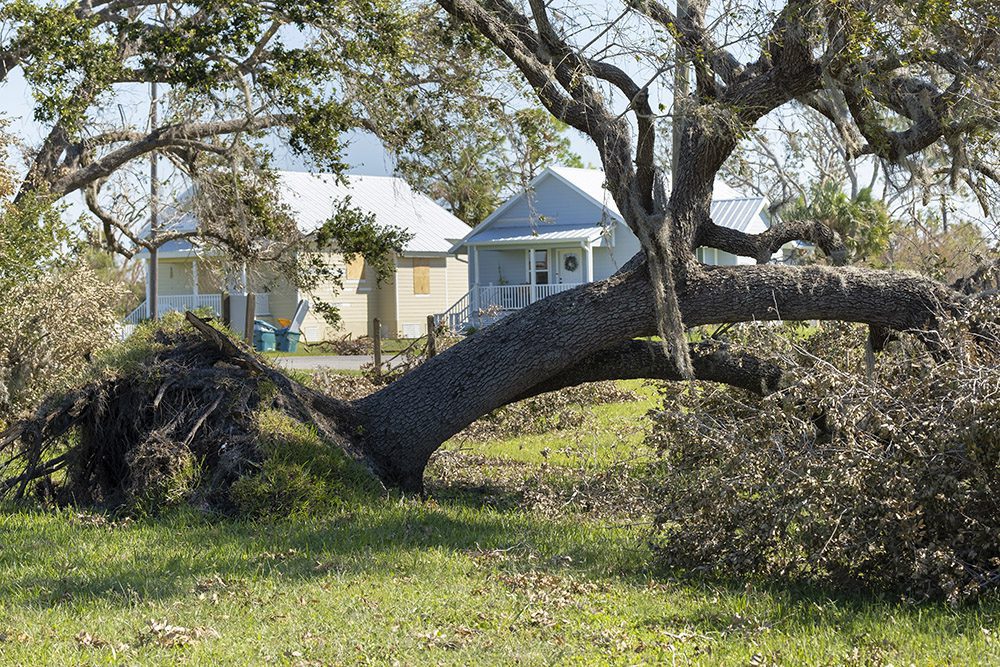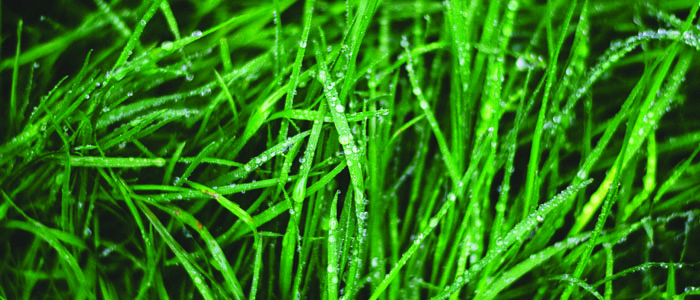At this time of year, most South Floridians are not thinking about overwintering wildlife but our Brandon pest control pros are not like everyone else. They think about nuisance wildlife year round, including pickleworms. There are one of several insects that love to spend their winters taking up residence in Brandon and other areas in the southern part of the Sunshine State. The good news is the destructive member of the Crambidae family can be controlled successfully with or without pesticides.
They start their life cycles as tiny, yellow-white eggs, which are typically found resting on cucurbits’ flowers and buds. Surprisingly, it is not uncommon to see 400 eggs or more on one plant and for all of them to hatch in less than a week. Once they do, the trouble begins. The larvae have very strong appetites, which drive them to decimate their birth plants as well as those that are within the immediate area. After the larval stage, they pupate and later turn into brown-yellow moths. The insect’s life cycle, from birth to adulthood, generally takes a month’s time. As such, depending on the weather, it is possible for more than one generation of pickleworms to damage a Brandon resident’s lawn and garden.
Our Brandon pest control professionals can work with area residents faced with serious or minor pickleworm invasions in several ways. For instance, we can apply pesticides that contain carbaryl, pyrethroids, bt or spinosad as needed. If families don’t want us to use those products, we can try other control formulas and conduct monthly inspections. Monthly inspections are ideal for families that would like to only apply pesticides to their lawns and gardens while the pickleworms are at their most vulnerable. To learn more about controlling overwintering pickleworms before they start to reproduce again, please contact us today.








